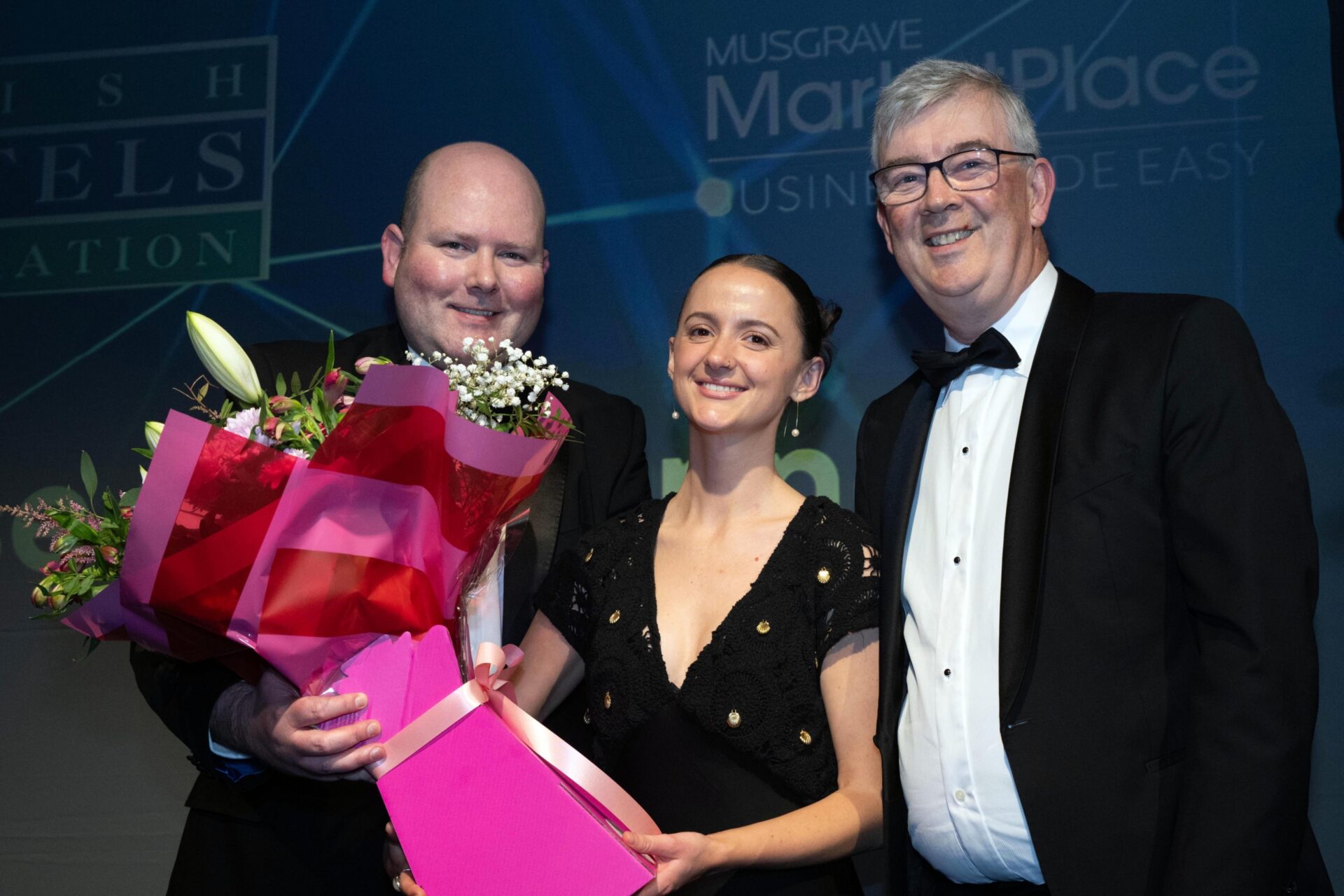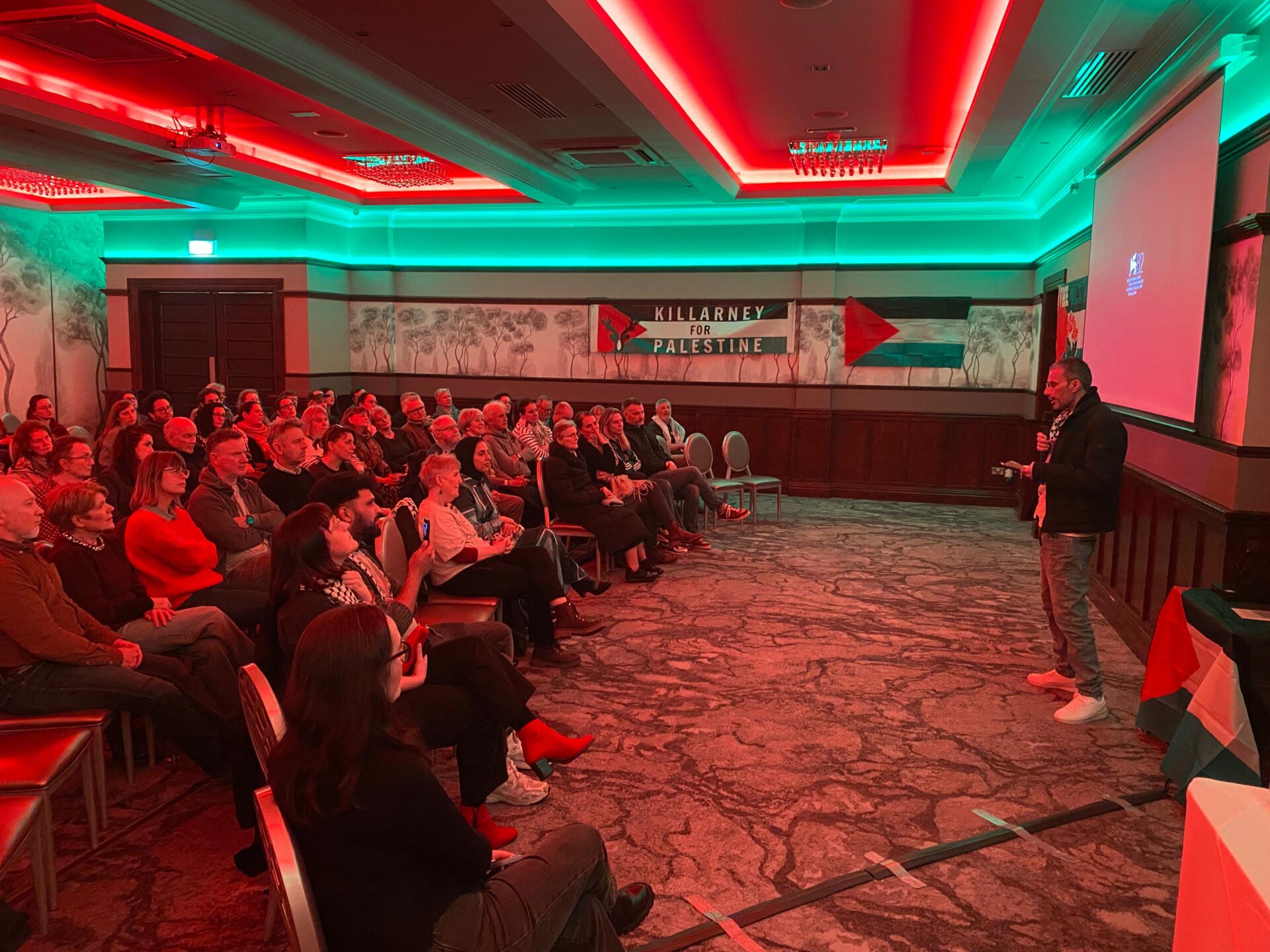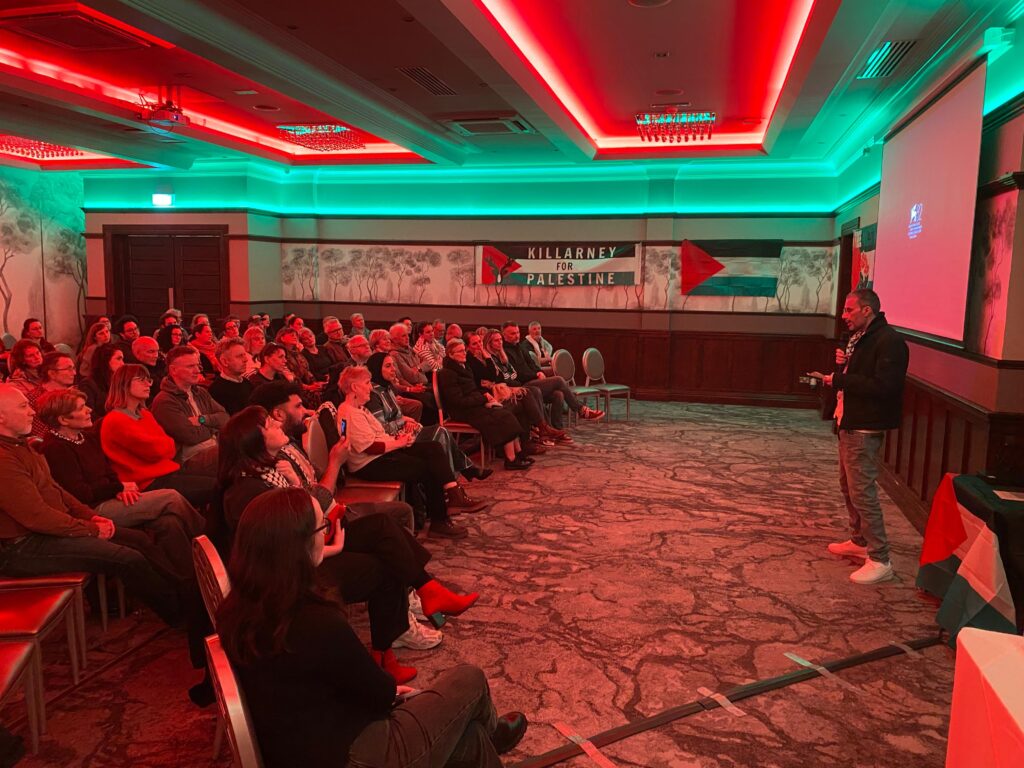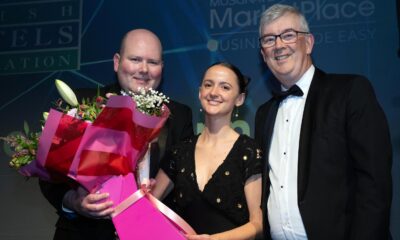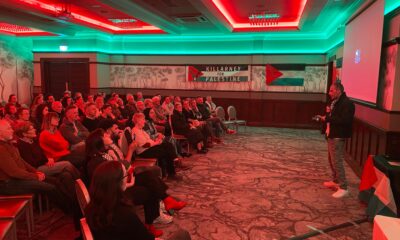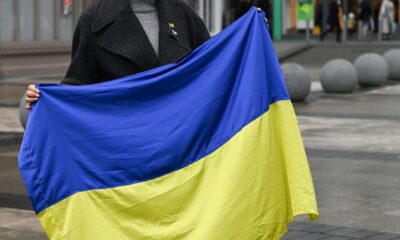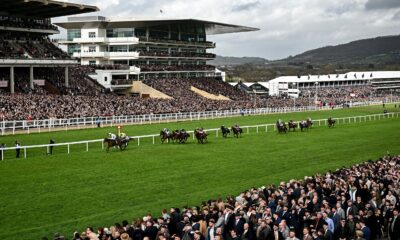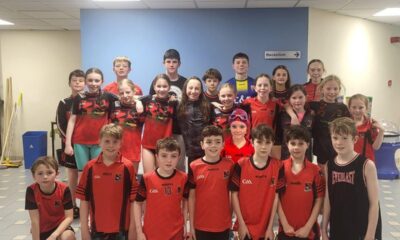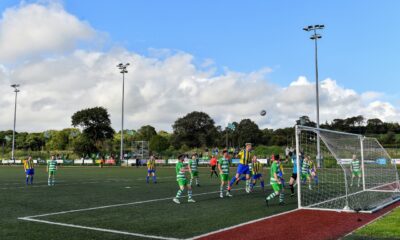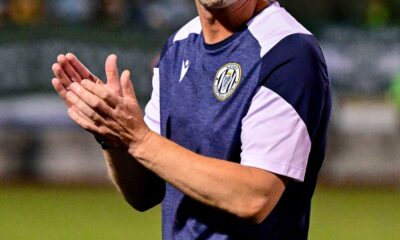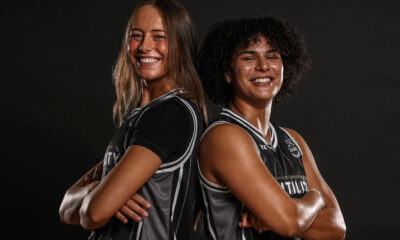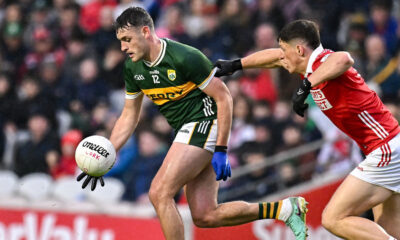News
A quiet commemoration for Headford Ambush centenary

HISTORIC: Committee members from l-r: Dr Tim Horgan (Historian), Derry Healy, Mike Scannell, Tina Healy, Liz Spillane, Seamus Moynihan and Jimmy Kelly met at 3pm on Sunday to mark exactly one hundred years since the Headford Ambush.
By Michelle Crean
It may not have been the event they had originally planned but members of the Headford Ambush Commemoration Committeee quietly marked the centenary on Sunday.
At 3pm, approximately the time the ambush began one hundred years ago, the Headford Ambush committee, which included Dr Tim Horgan (Historian), Derry Healy, Mike Scannell, Tina Healy, Liz Spillane, Seamus Moynihan and Jimmy Kelly, gathered to remembered lives lost.
It was a poignant visit as not only was a bigger event postponed due to current COVID restrictions but for the first time the names of the volunteers who took part in the ambush are inscribed on plaques in the monument.
The Ambush on British troops at Headford, near Glenflesk, was carried out on March 21, 1921, by 33 members of the Kerry IRA No. 2 Brigade Flying Column. It was the largest ambush in Kerry during the War of Independence.
13 died – eight British soldiers, two IRA volunteers Dan Allman and Jimmy Baily, and three cattle dealers.
A three-year-old girl was also badly wounded in both legs when a bullet passed through her father's leg as he sought to shelter her.
The attack, led by Dan Allman and Tom McEllistrim, targeted a detachment of British troops due to return by train from Kenmare to Tralee. Allman, along with Jimmy Baily, died in the attack. McEllistrim went on to be a Fianna Fáil TD.
[caption id="attachment_36659" align="aligncenter" width="1024"] RELATIVES: Tina Healy, Listry points out her two relatives, Dan Allman and Dan Healy on the plaque at the Headford Ambush Monument.[/caption]
RELATIVES: Tina Healy, Listry points out her two relatives, Dan Allman and Dan Healy on the plaque at the Headford Ambush Monument.[/caption]
The Headford Ambush was one of the largest engagements of the whole conflict and was certainly the largest engagement between British forces and the IRA to take place in Kerry during the War of
Independence.
In October, €10,000 was given to the local commemoration committee from the Government to help renovate the existing monument, which was erected in 1971 and had fallen into disrepair. Extensive work has also been done to landscape the whole monument site which is located about 300 yards from where the actual ambush took place.
"It was important we met on the day socially distanced to mark the occasion," committee member Derry Healy told the Killarney Advertiser.
"We had 11am Mass at Barraduff Church and Fr George Hayes prayed for those involved and lit a candle which he brought down to the site. Originally we had a great day planned, we'd big plans including a marquee, old memorabilia, signs and different things we never had before, so it was disappointing."

